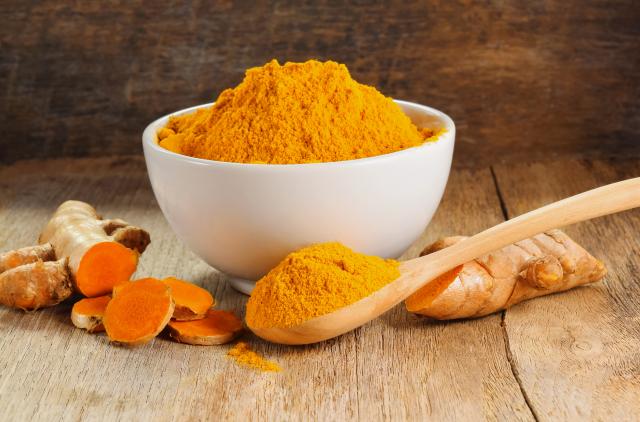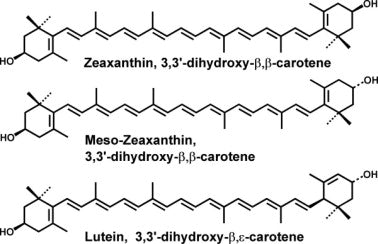Turmeric has been used in cooking for thousands of years. This spice is becoming increasingly known for being more than just a way to add flavor to food. Its medicinal properties have been slowly revealing themselves over the centuries. Today, science is finding a growing list of conditions that may benefit from turmeric.

The active ingredient in turmeric, called curcumin, is what gives it its yellow-orange color and therapeutic benefits. Turmeric is thought to reduce inflammation by lowering histamine levels and stimulating the adrenal glands to increase production of a hormone that reduces inflammation. It has been found to be a powerful anti-inflammatory and has long been used in China and India to help treat a range of problems.
In a study published in the Italian Journal of Biochemistry, it was reported that curcumin may also trigger the brain to produce bilirubin, which protects against oxidative stress. It is this oxidative injury that is thought to be the main culprit behind Alzheimer's disease. This may help explain why only one percent of Indians over the age of 65 suffers from Alzheimer's, while more than ten percent of Americans over the age of 65 have Alzheimer's. In India, turmeric is one of the main spices used in their cooking.
In another study at the Royal College of Psychiatrists in Liverpool, England, it was shown that curcumin appeared to prevent the spread of amyloid protein plaques in the brain, which is what is thought to be the cause of dementia.
Another study done at the University of Missouri found that curcumin can reduce the risk of breast cancer in women who have been on hormone replacement therapy. Salman Hyder, professor of biomedical sciences at the University stated that "exposure to progestin (synthetic progesterone) will predispose a large number of post-menopausal women to future development of breast cancer. The results of our study show that women could potentially take curcumin to protect themselves from developing progestin-accelerated tumors."
Turmeric has strong antioxidant properties as well as anti-inflammatory properties. This is why it is able to help relieve some of the joint inflammation and swelling associated with arthritis. Turmeric has also been shown to modulate the immune response which may help make it effective in treating autoimmune disorders.
Several short term studies have shown that turmeric is helpful in lowering serum cholesterol levels. It's thought that curcumin may send a message to the liver to increase its receptors for clearing cholesterol from the bloodstream.
Researchers are examining curcumin as a possible immune system stimulator and its beneficial effects include strengthening and improving digestion, supporting healthy liver function, purifying the blood and helping to fight cancer, arthritis, atherosclerosis and diabetes.
To take advantage of some of these benefits, you can use turmeric in your cooking. Be sure to choose a pure turmeric powder rather than a curry powder, as some curry powders tend to contain very little curcumin.














